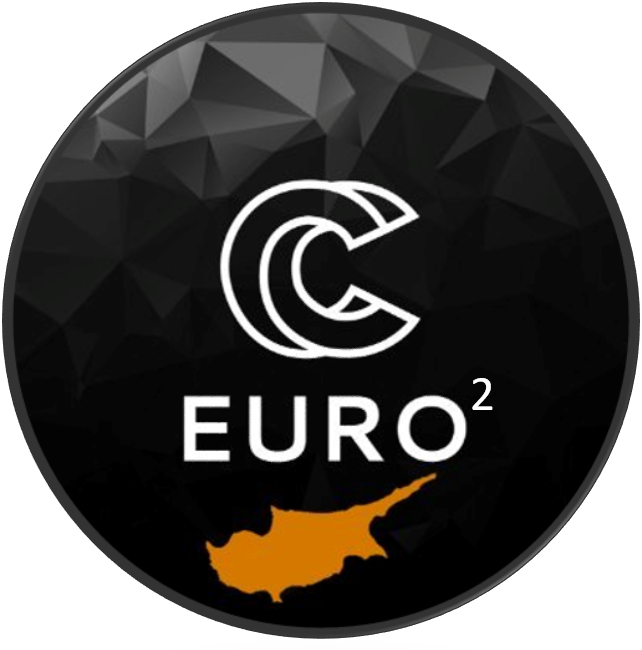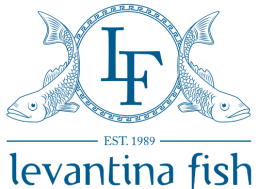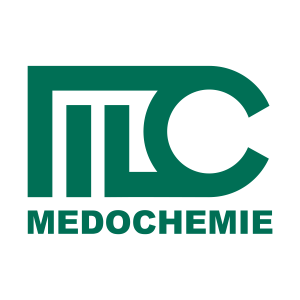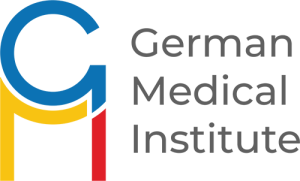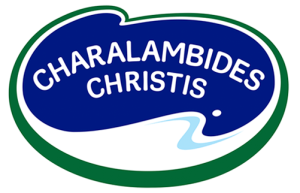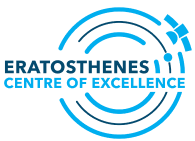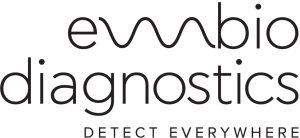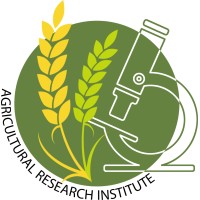From EuroCC2
Kimagro Fishfarming Ltd. (Levantina Fish), a Cypriot aquaculture company specializing in the sustainable cultivation of Mediterranean species such as gilthead sea bream (Sparus aurata), sought to enhance its fish weight monitoring capabilities through non-invasive and scalable technologies. To address these challenges, Kimagro Fishfarming Ltd. partnered with EuroCC2 Cyprus to investigate automated solutions that leverage Artificial Intelligence, computer vision, and High-Performance Computing (HPC).
RetailZoom is a data science consultancy specializing in analytics, business intelligence, and custom CRM solutions. RetailZoom leveraged NCC Cyprus’s expertise to tackle supermarket price outliers using an innovative Bayesian linear model with a double-likelihood function.
Hello Radius is an AI hiring platform that needed to anonymize sensitive data in candidate CVs while preserving crucial qualification details. NCC Cyprus consulted on the project, recommending Microsoft Presidio and LangChain as potential solutions to achieve this balance between data privacy and useful candidate evaluation.
Medochemie Ltd., a major generic pharmaceutical manufacturer, collaborated with EuroCC2 to explore AI-driven solutions for streamlining their time-intensive literature review processes required for product development and regulatory compliance. The pilot study focused on implementing Retrieval-Augmented Generation (RAG) technology to automate document processing and information extraction, with the consultation currently in early stages as both parties evaluate the potential impact and expansion of these AI solutions.
This consultation was focused on facilitating access to High-Performance Computing (HPC) resources and enabling efficient handling of Magnetic Resonance Imaging (MRI) data. The consultation involved methodologies for accessing the HPC infrastructure, opening and processing MRI data, optimising data preparation for multicore processing, and ensuring efficient storage. Additionally, the consultation covered setting up a PyTorch environment on the HPC to develop and deploy deep learning models for MRI data analysis. The integration of HPC capabilities significantly improved the processing speed and accuracy of MRI data analysis, providing GOC with a robust framework for ongoing and future research
Charalambides-Christis sought to use High Performance Data Analytics to assess the impact of product offers on sales and costs by estimating the average treatment effect (ATE). They developed a machine learning model to predict sales without offers, using it to compare actual sales on offer days, thereby estimating the ATE. The model incorporated factors like seasonality, weather, and milk sales to make accurate predictions.
Our consultation for the Eratosthenes CoE in managing large geospatial datasets for crop classification by implementing Xarray with Dask on our HPC cluster. This approach optimized data processing, enabling efficient handling of extensive datasets crucial for their research.
Paradisiotis, a leading poultry enterprise in Cyprus, has adopted a data-driven approach using high-performance analytics to address challenges in production management. By leveraging advanced models and HPC resources, the company can forecast poultry growth and optimize schedules in real-time, aligning production with market demands. This innovation enhances operational efficiency, reduces waste, and sets a new standard for technology-driven agricultural management.
Our consultation with Vlassides Winery focused on refining their approach to predicting Merlot grape harvest dates by leveraging flowering dates and environmental factors. Through an analysis of extensive meteorological and winery data, we helped identify key variables such as air temperature and dew point that significantly improve prediction accuracy. This guidance enables Vlassides Winery to better plan and optimize their harvests, ultimately enhancing wine quality.
The EuroCC2 team collaborated with the company EMBIO Diagnostics in advancing air quality interpretability, monitoring and analysis. The goal of the project was to consult EMBIO Diagnostics in developing a comprehensive solution encompassing a web-based visualization tool for floorplan annotation, advanced measurement prediction techniques, and innovative anomaly detection methods in air quality data.
AskWire LTD is a company that empowers businesses and consumers to make informed real estate decisions through comprehensive property profiles, data analytics services, and bespoke solutions. The EuroCC2 team offered consultation services to AskWire on how to successfully tackle the challenge of analyzing auction-related PDF files. The consultation suggested the use of Generative Artificial Intelligence for processing large volumes of lengthy documents for translation, information retrieval, and structuring of information into a predefined schema.

MantisNLP – Consultation services
NCC Cyprus offered consultation to MantisNLP, on how to develop a Large Language Model (LLM) with limited data. MantisNLP was interested in creating an LLM capable of understanding and generating Greek-Cypriot dialect text – a challenging process due to the limited Greek-Cypriot data available. The consultation suggested the use of data reduction and augmentation techniques, for efficiently training the LLM in order to enable natural language processing for underrepresented languages.

MoodHood/CourseBoost – Consultation services
CaSToRC, The Cyprus Institute’s Computational Sciences and Technology Research Center, completed a consultation for MoodHood/CourseBoost, focusing on enhancing their customizable video conferencing engine. This consultation aimed to assist MoodHood in integrating Generative AI technologies to boost student engagement in virtual learning environments.

Appteum – Consultation services
The Cyprus Institute’s Computational Sciences and Technology Research Center (CaSToRC) successfully consulted Appteum Limited on integrating Vector Databases with Large Language Models (LLMs). This consultation involved discussions on how to address technicalities, benefits, and implementation strategies for LLMs, and focused on selecting appropriate models like GPT and BERT for individual tasks.
The Agricultural Research Institute (ARI) aimed to adapt a computational pipeline to High-Performance Computing (HPC) to enhance agricultural research. The initial focus was on the feasibility of installing the RStudio Server on the CYCLONE HPC infrastructure, taking cues from successful setups at Princeton University and Iowa State University. The goal was to harness RStudio’s statistical computing alongside CYCLONE’s computational resources for managing extensive agricultural datasets. Upon confirming the feasibility, the next step was adapting the computational pipeline for HPC. This involved detailed planning and execution to ensure the seamless integration and utilization of HPC resources. The objective was to establish a scalable, efficient, and robust pipeline to manage diverse datasets crucial for modern agriculture.
We were privileged to provide strategic guidance to C.B.B.Lifeline Biotech Ltd, with a central focus on capitalizing on High-Performance Computing (HPC) for advanced biological data analysis. This evolving field produces copious amounts of complex information, demanding effective computation methods for thorough interpretation and study.
Our advisory journey began by familiarizing the firm with procedures for managing this complex biological data. We highlighted the necessity for scalable strategies, emphasizing the advantages of implementing parallel computing techniques and systems based on data decomposition to process extensive datasets efficiently.
Due to its geographical position in the eastern Mediterranean Sea basin, Cyprus, a global biodiversity hotspot, is directly threatened by climate change and desertification. The country also has Europe’s second-highest population growth rate, emphasizing the need to optimize primary production strategies. These strategies aim to ensure food security and minimize environmental impact cost-effectively and timely. Given the population growth and the recent registration of locally produced cheese (Halloumi) as a Protected Designation of Origin, the demand for goat and sheep milk is expected to surge dramatically. Current milk production scenarios suggest that the goat and sheep livestock population should double (from ~500k to 1000k) to meet the anticipated needs. An alternative approach to meet this demand could be to enhance the existing livestock using genetic data and modelling.
The EuroCC team has collaborated with the Department of Psychology and Neuroscience at the University of Cyprus (UCY), to develop the first multimodal machine learning models for the prediction of Alexithymia in literature.
